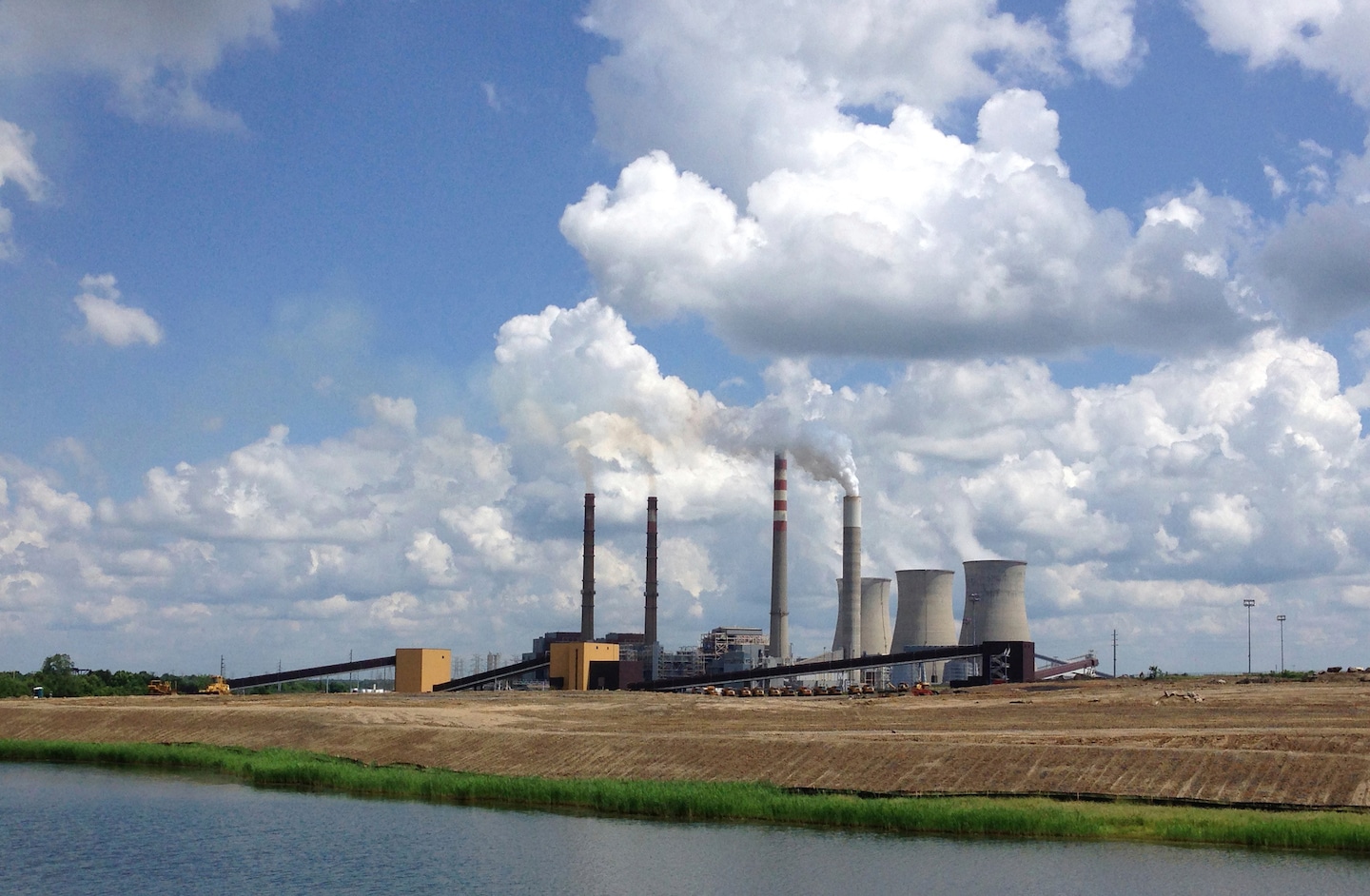Trump fires chair of Tennessee Valley Authority board

But that’s not the case. The TVA contracts, which require the work be done on U.S. soil, are the same as those issued by other federal agencies and do not specify whether the contractors use U.S. workers or skilled foreigners working in the United States legally, TVA spokesman Jim Hopson said.
At the White House meting, Trump threatened to oust more of the TVA board if it did not change its decision. Part of the way into the meeting, the president held up a note saying that TVA chief executive Jeff Lyash had called to express “a very strong willingness to reverse course.”
Trump said TVA was threatening more than 200 high-skilled jobs. But Hopson estimated that while 164 employees would be affected, 52 of them had already found other jobs within TVA or elsewhere. The utility, established by President Franklin D. Roosevelt to control flooding and bring electricity to the impoverished region during the Great Depression, has about 10,000 employees.
Before the firing, the White House issued an executive order aimed at ensuring that all federal agencies and contractors hire American citizens, requiring agencies to complete an internal audit to show they are not hiring foreigners instead of Americans.
But the order was more symbolic than a change to hiring policy, experts said. Almost all federal jobs require applicants to be U.S. citizens or nationals, with exceptions for jobs in foreign countries at sites like embassies or military bases or when the skill set the government is seeking can only be matched by a foreign citizen.
The government’s time-consuming hiring process ensures that during what are known as “suitability” investigations of a job candidate’s background, these policies are carried out.
“All TVA employees are U.S.-based citizens. All jobs related to TVA’s Information Technology department must be performed in the U.S. by individuals who may legally work in this country,” the utility said in a statement.
One administration official, who spoke on the condition of anonymity to speak candidly, called the executive order a “meaningless dog whistle to political constituencies to make clear the administration is ‘tough’ on foreigners.”
The TVA chair is James “Skip” Thompson, a Trump appointee whose term was scheduled to end in 2021. He was earning $58,650 a year. The term of the other director, Richard Howorth, expired in May, but the board by-laws permit him to continue to serve until a new appointment is made. That has not occurred. Howorth, who served part-time like all directors, earned $53,745 a year.
The dismissals leave TVA with five board members and four board vacancies. Day-to-day operations are carried out by TVA’s chief executive, Lyash, who earns a $920,000 salary as part of a pension, relocation and incentive package that could top $8 million if he stays five years.
“Now maybe he’ll take a major cut in salary,” Trump said Monday. He said that Lyash was “ridiculously overpaid” and that the CEO should be paid no more than $500,000 a year.
The International Federation of Professional and Technical Engineers, a labor union representing 2,500 workers, hailed Trump’s comments. But Sen. Lamar Alexander (R-Tenn.) came to TVA’s defense. He said the utility “does a very good job of producing large amounts of low-cost, reliable electricity.” And he said that Lyash’s compensation was “in the bottom fourth of what the CEOs of other big utilities earn and is set strictly according to requirements of federal law.” He added, “TVA receives no federal tax dollars.”
On Monday afternoon, Trump nominated Charles W. Cook Jr. to fill one of the empty TVA board seats, but the nomination is subject to Senate approval. Cook is the chairman of Bandwidth Infrastructure Holdings. The executive from Mississippi has spent 25 years working for telecommunications companies building out their fiber networks.
This isn’t the first time TVA has clashed with Trump. The utility, which serves 10 million customers in seven states, voted in February 2019 to close down two aging, money-losing coal plants despite a tweet by Trump urging the utility keep them open. All four Trump appointees at the time voted to close the one in Bull Run in Tennessee and three of four voted to shut down Paradise 3 in Kentucky.
Both Trump and Senate Majority Leader Mitch McConnell (R-Ky.) criticized the decisions. And Trump on Monday reiterated his criticism. Citing the TVA board chair, Trump said “he could’ve kept the plant open in Kentucky, if he wanted to, even if they retrofitted the plant. And he didn’t do that, did he?”
TVA, citing climate change, has also added substantial amounts of solar and wind power, as well as a nuclear plant to its existing fleet of power plants. Including hydropower, more than half is carbon-free.
Sue Tierney, a leading energy consultant and an expert on the U.S. utility industry, said in an email that TVA differs from other federal agencies. “One of the largest electric companies in the U.S., it raises money in the bond market, and covers the cost to generate and deliver electricity — which amounted to over $11 billion in 2019 — through rates charged to its customers. US taxpayers do not contribute to TVA’s funding.”
Tierney added that “historically, Presidents have allowed TVA’s board and management to run the utility’s business — something which has helped to keep TVA’s borrowing costs relatively low.”
But, she said, “ratings agencies tend to raise concerns (and lower credit ratings) when politicians meddle with how publicly owned utilities are run.”
Lisa Rein contributed to this report.






